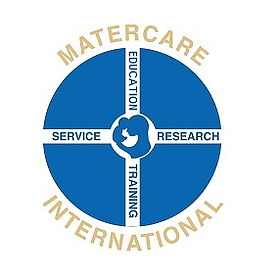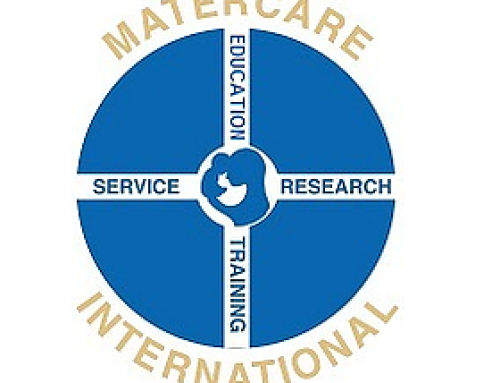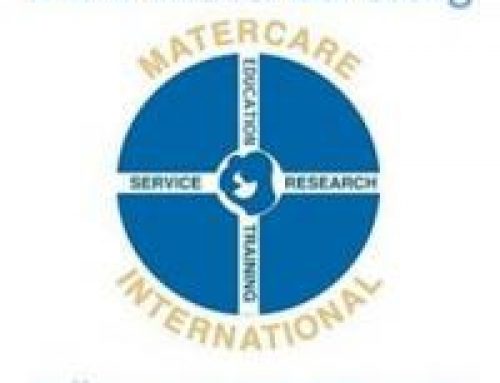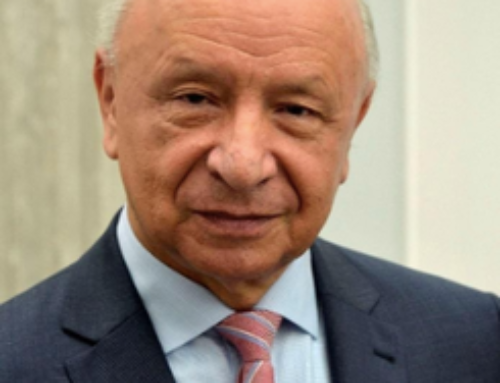“I am what I Do: Establishing My Identity in Christ”
Rome, 2024
Introduction:
From September 19th to September 22nd, 2024, a group of international participants in the fields of medicine and ethics gathered at the Istituto Maria SS Bambina in Rome to cover matters of interest to the medical profession; including spiritual, bioethical and professional concerns. Organized by MaterCare International, the conference was entitled “I am what I do: Establishing My Identity in Christ.” In a world where so many are cut loose from our true foundation in God, our communion with others, and our awareness of the dignity of work, MaterCare’s conference prompts us to revisit our moorings.
In the year 2025, Evangelium Vitae marks its thirtieth anniversary, and 2024 marks the fiftieth anniversary of the release of De Aborto Procurato. These and many other documents established moorings for Catholics, including Catholic healthcare professionals, to enable formation of conscience. In the years surrounding this conference, Catholics providing care for women, children, and families find themselves selected against or looked upon as antiquated or intolerant.
This conference served as an oasis where well-formed consciences recognize objective truths about the way God made the world and the persons in it, and the only way we can truly seek human flourishing. It consisted of a pre-conference retreat, an opening address, and eight sessions which slowly built from interior renewal to charity which reaches to our neighbor.
Following upon these presentations, the conference participants outlined the following as the fruit of the meeting:
1. The Foundations of Identity: The pre-conference retreat by Father Professor George Woodall, and the keynote address by Professor Bernard Ars reminded attendees that our identity is recognized (not self-made) and is uniquely human. Christ calls each of us individually to a unique path, on which we will sometimes be the only one bringing Christ to a particular moment or person. God seeks not just the product of our work, but ourselves, as embodied persons who are dignified by work well done. We are unique in creation because we can form a union with the Trinity and with each other, and in this time in history especially we must focus on building relationships and community, and allowing God’s glory to emerge from our creativity in filling unseen needs.
2. The Foundations of Rights and Decisions: The first session reflected on the true font of human rights, which is that some of our abilities are protected because their exercise is necessary to fulfill duties to others. The right to life is fundamental among these. Our decision-making with regard to these rights depends on a well-formed conscience, which recognizes (not invents or decides) what is good and true. We are fortunate to be so well-formed as Catholics, and since we have been “given much,” much is expected of us: we have special obligations with our patients to allow truth, mercy, and love into our decision-making and mode of counseling and treating patients. His Eminence Willem J. Cardinal Eijk applied these truths to gender theory, emphasizing the errors that threaten patients.
3. The Truth in Practice: The second session addressed questions that attendees had already begun to ask in previous sessions—how shall we address a secular world and its ethical dilemmas in practice? What words shall we use, especially when medical systems view our beliefs as intolerant? As we live our vocations and are the only one to bring Christ to difficult situations, we need practical advice on handling matters prudently and helpfully. Themes include listening and empathizing with patients, and preparing our professional knowledge so that we can be ready to respond rightly. Attendees next received heartening and edifying presentations related to rural obstetrics and maternal care in Rwanda and Uganda, as well as MaterCare’s evangelization in media. These spheres are likewise in need of us bringing Christ to those who need Him.
4. Professional Formation: The fourth session provided intellectual formation on obstetric care. Topics discussed included practicing obstetric care in the setting of war which sadly marks multiple areas of our world; abortion as distinct from medically indicated delivery; fetal therapy and neonatal resuscitation; and vaccines in pregnancy. The fifth session discussed intellectual formation in gynecology, including presentations on opportunistic salpingectomy, rape, medication abortion reversal, fertility awareness methods, and restorative reproductive medicine. Conference participants engaged with this formation in the sixth session using difficult case studies, and themes which emerged. These included peri-viable delivery, care of a baby born alive after abortion including baptism, and barriers to overcome in providing a restorative approach to infertility in an African context.
5. Ethical and Spiritual Formation: The penultimate session focused on ethical formation on contemporary topics including the life of Bishop Valentin Pozaic, baptism by desire, pregnancy loss, contraception, assisted reproductive technology, and indoctrination of developing countries by progressive ethics as neo-colonialism. The final session further applied bioethics to cases such as fertility awareness, teenage pregnancy, ectopic pregnancy, and care of the spirit in obstetrics and gynecology.
As presentations were ongoing, conference participants built friendships and had opportunities for creativity as they were encouraged on the opening day. In this temporary but important community, while becoming strengthened in true formation, attendees fulfilled the words of Pope St. John Paul II in Evangelium Vitae:
All who commit themselves to following Christ are given the fullness of life: the divine image is restored, renewed and brought to perfection in them. God’s plan for human beings is this, that they should “be conformed to the image of his Son” (Rom 8:29). Only thus, in the splendour of this image, can man be freed from the slavery of idolatry, rebuild lost fellowship and rediscover his true identity (EV, no. 36).
The closing Mass concluded with the Blessing of Hands and the MaterCare prayer:
Heavenly Father, You sent your only Son, Our Lord Jesus Christ, into this world as a child born of woman.
Send your Holy Spirit upon all members and friends of MaterCare International.
May we see in every woman with child, an image of your Holy Mother, Mary Immaculate and, in every child, from the moment of their conception, the image of Our Lord and Saviour Jesus Christ.
Give us the Holy Virtues, especially compassion, prudence, wisdom and mercy, so that we may serve you worthily in them.
Bind us together in the bond of love in this mission, so that the Gospel of Life may be proclaimed and practiced throughout the world.
We ask this through Christ Our Lord.
Amen









